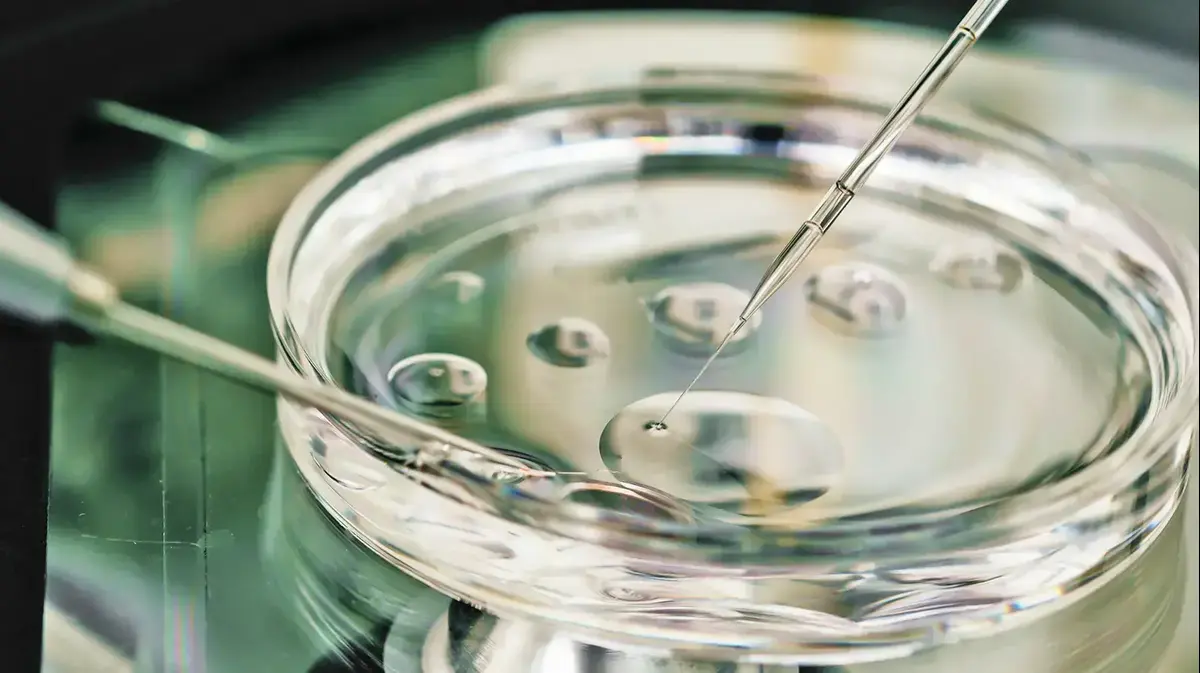Read the video transcript here
Manaus, Brazil
Priscila Carvalho, daughter of a Covid patient
»Help!
Where's the oxygen for the hospitals? "
January 2021: In a crowded hospital in Manaus, the oxygen to ventilate Covid patients is running out - relatives are desperate.
Anyone who can afford it buys the oxygen privately.
No hospital bed was available for Osmar Magalhaes, so his children got one of the green bottles on the black market.
Care, oxygen, physiotherapy - everything is organized privately.
The second corona wave hit Manaus with force, the health system did not hold up.
A new virus variant had exacerbated the situation extremely.
P.1 is the name of the mutation that apparently first appeared in Manaus at the end of 2020.
P.1 has now spread from Brazil to more than 35 countries; it was first detected in Germany at the end of January.
It is no coincidence that the Brazilian mutation caught on in an extreme hotspot like Manaus.
Julia Merlot, DER SPIEGEL
»In Manaus there were two factors that contributed to this new mutant being born.
One is that there have been very, very many infections.
So the virus ran almost unchecked through society, which is why a large part became infected in the first wave.
And with every infection there is the risk that the virus will change because it can only copy itself in a living organism and when copying there is a high probability that genetic changes will creep in.
And you had that very often in Manaus.
And the second factor is that due to this high infection rate in the first wave, the evolutionary pressure on the virus was great to change in such a way that it becomes more aggressive. "
Today P1 is the dominant virus mutation in the state of Amazonas.
In response to the new variant, many Brazilian states tightened the corona restrictions.
The whole country is seeing increasing numbers of cases and deaths.
In total, more than 300,000 people have died in connection with the coronavirus in Brazil - one reason for the current increase is P1.
Julia Merlot, DER SPIEGEL
»The special thing about the P1 mutant, but also about the British mutant, is that they have mutations in the spike protein, that is, genetic changes in the spike protein.
And with this protein, the virus docks on body cells and gains entry.
And these are the proteins that the vaccines target and very important proteins.
They are also called key proteins.
And if there are changes to that, then there are also changes to the way the virus enters the body.
There are still some uncertainties with regard to the specifics of P.1.
For example, it is not yet exactly known whether it will lead to a much more severe course of the disease or a more deadly course of the disease.
But what you can say with a very high degree of certainty is that it is much more contagious than the original variant of the virus and very likely also significantly more contagious than variant B.1.1.7, which first appeared in Great Britain and which is now in Germany has already gained the upper hand. "
The German health authorities are looking at the Brazilian variant, but the British variant B.1.1.7 is currently playing the main role.
Karl Lauterbach, SPD member of the Bundestag, March 19, 2021
»That means we can assume that if the mutation has displaced almost all wild-type or original-type mutations in a fortnight, that we will then switch to an R value of 1.3.
That would mean a doubling of the number of cases every 10 to 14 days
. "
B.1.1.7 now accounts for around 71 percent of positive tests in Germany, the wild type around 27 percent, the South African variant one percent and P1 less than one percent.
The good news: The vaccines work against all mutations, even if in some cases not as well as against the wild type.
The bad news:
Julia Merlot, DER SPIEGEL
“The virus will continue to change in any case, and with that there is also the risk that further mutations will develop, which will make them even more problematic and lead to the virus then possibly having a much more severe course leads.
And it could also mean that the vaccination protection really becomes so ineffective that it no longer benefits us.
Maybe you can actually imagine it a bit like being in a race with the virus.
So if you vaccinate fast enough you can reduce the risk.
But if you need a relatively long time, of course, you always give the virus the opportunity to change in such a way that it can then bypass the vaccination protection. "
Another variant of the virus that is potentially dangerous has been discovered in India. A double mutant has emerged there, which consists of the combination of the British and South African virus variants. The most effective remedy for the mutations is a low number of cases. But there are currently very few countries, and this goal has not yet been achieved in Brazil either. In a clinic in Rio, this violinist tries to make the hospital staff and patients forget about the pandemic and the danger posed by virus mutations, at least for a brief moment.















